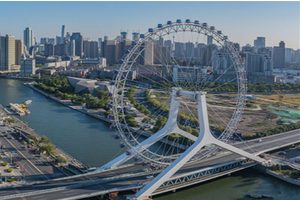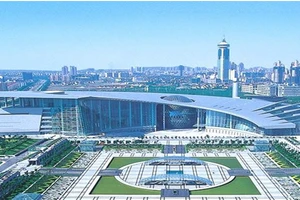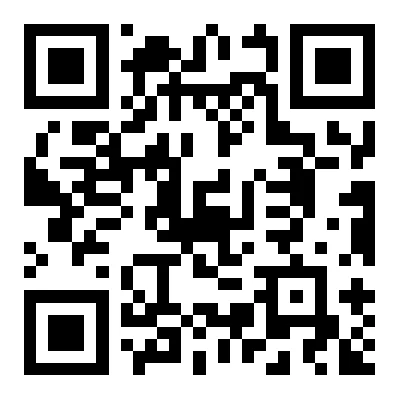What subjects does the Master of Tourism Management take?
The examination subjects of the master of tourism management are English and comprehensive ability test (including mathematics, logic and writing), and the examination time of each subject is 3 hours; The perfect score is 300.
It is very important to know the test subjects of a new exam, because it is related to the preparation of candidates. Only by knowing the specific content can we make the corresponding review plan according to our own situation, so what are the examination subjects of the Master of Tourism Management?
MTA exam subjects: English (out of 100); Comprehensive ability (including mathematics, logic, writing, out of 200 points), the examination time of each subject is 3 hours; The perfect score is 300.
1. Comprehensive ability: The total score is 200, and the test time is 3 hours, which is very tense. The test paper consists of mathematics, logic and writing, of which mathematics accounts for 75 points, logic accounts for 60 points and writing accounts for 65 points.
(1) Mathematics is a 25-question multiple-choice question. Mathematics is divided into two parts: conditional adequacy judgment and problem solving, in which there are 15 small questions for problem solving, with 3 points for each small question, totaling 45 points; There are 15 small questions in the judgment of conditional adequacy, with 2 points for each small question, with a total of 30 points. Mathematics requires high skill and speed in solving problems.
(2) The logic is 30 single-choice questions, with 2 points for each question, totaling 60 points;
(3) Writing requires writing two articles to demonstrate the effectiveness analysis, requiring 600 words and 30 points; The essay requires 700 words, 35 points, and the total score of Chinese writing. The form is selected from propositional composition and free propositional composition based on written materials.
2. The distribution of the second question type in English is: the difficulty is between Band 4 and Band 6, and it is required to master 5500 words in the outline vocabulary.
(1) Comprehensive fill-in-the-blank (cloze) 20 ways, with 0.5 points for each question, with a total of 10 points;
(2) Read and understand 5 articles and 25 questions, with 2 points for each question, totaling 50 points;
(3) Translation: English translated into Chinese, 15 points;
(4) English writing 2 questions: 10 points for small composition+15 points for big composition, totaling 25 points.
Is the postgraduate entrance examination policy unclear? Is Shen Shuo confused with the same academic level? College majors are not easy to choose? Click on the official website at the bottom, and a professional teacher will answer your questions. The 211/985 Master's/Doctor's Open Network declared:
The postgraduate entrance examination for tourism management takes political, English, mathematics and professional courses.
There are four postgraduate courses in management, among which the postgraduate courses in tourism management are politics, English, mathematics and professional courses, with full marks of 100 points, 100 points, 150 points and 150 points respectively. Politics, English and mathematics are national unified examination subjects, and the different examination subjects of professional courses can be viewed in the enrollment professional catalogue published by the school that year.
Brief introduction of tourism management specialty
Tourism management majors train senior professionals who meet the needs of market economy and domestic and international tourism development, have the knowledge and ability of economics, management, administration and related disciplines, master the theoretical knowledge and methods of tourism management, have the ability of practical problems in tourism development, and can engage in the research of hotel management, travel agency management and tourism management disciplines in tourism administrative departments and enterprises at all levels.
Introduction to postgraduate courses
1. Politics: the full name is ideological and political theory, which is a national unified examination subject with code 101.
2. English: it is also a national unified examination subject. Usually, students take English for masters (1) and English for masters (2), with codes of 201 and 204 respectively. In addition, colleges with higher requirements will also take English for masters (1).
3. Mathematics: It is also a national unified examination subject, usually taking mathematics (3), and some colleges with higher requirements will take mathematics (1) with codes of 303 and 301 respectively.
4, professional courses: that is, courses related to their own majors, usually independent propositions for each school, the test content is also different from school to school.






